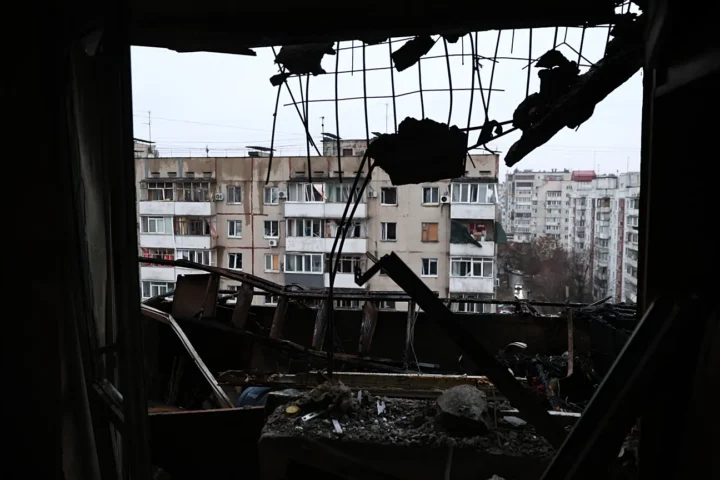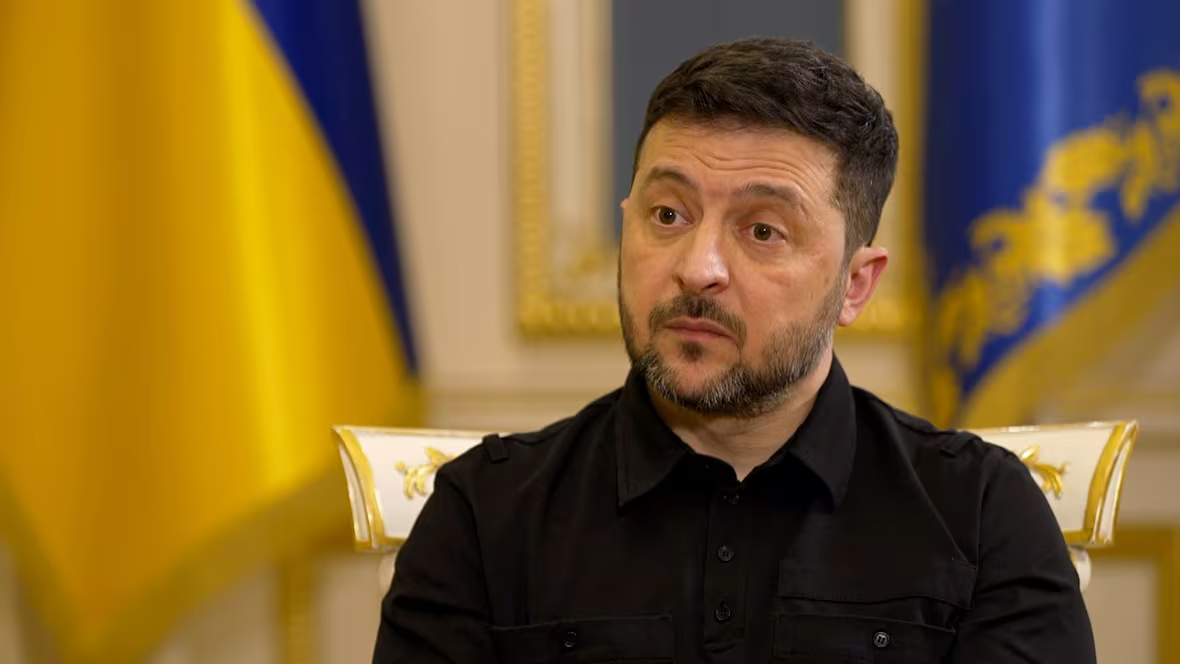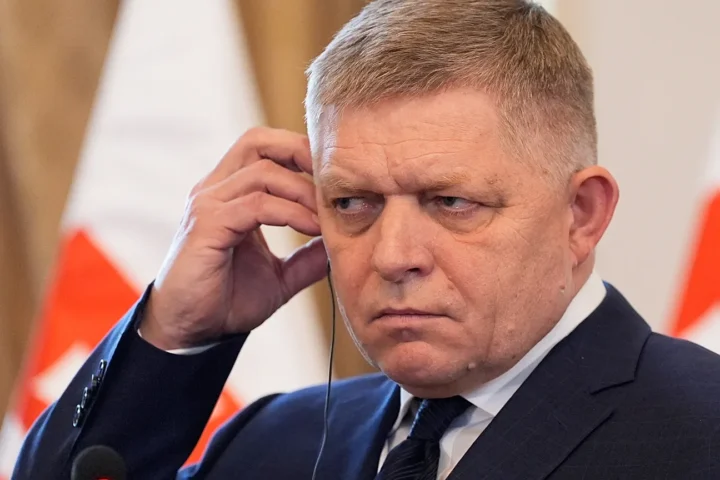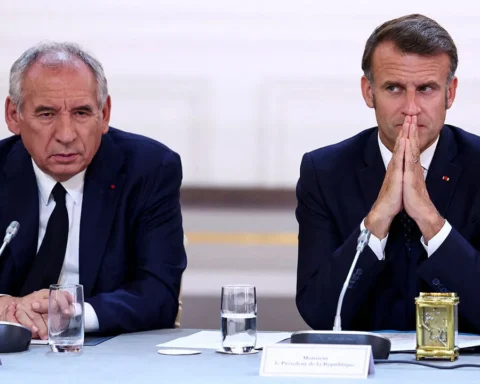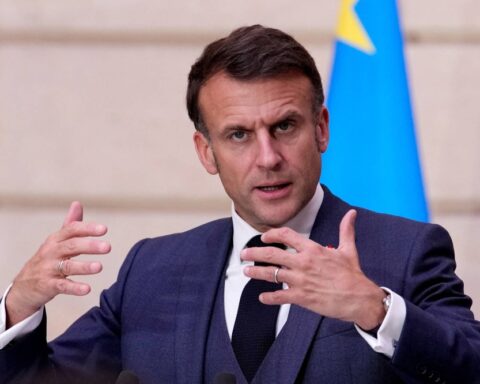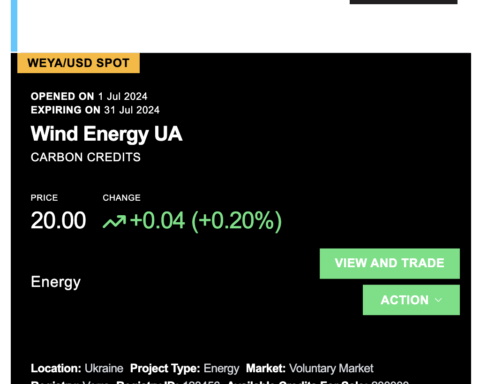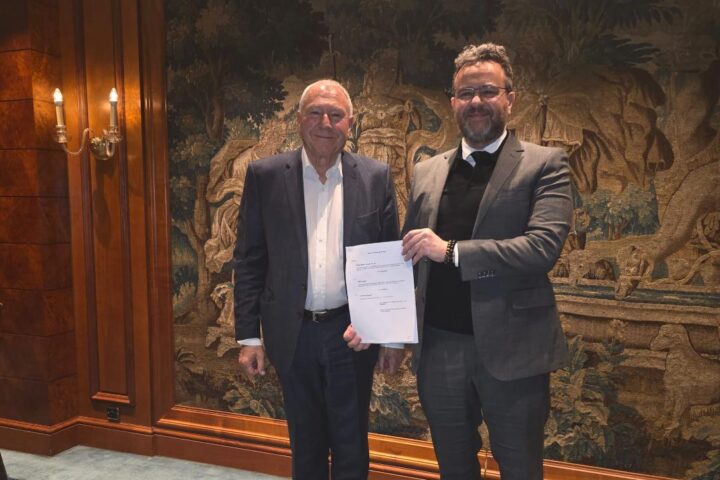Ukraine’s ongoing efforts to join the European Union have encountered a significant hurdle with the introduction of a new anti-corruption law that critics say undermines transparency and weakens oversight. While Kyiv has made strides in reforming its judiciary and rooting out corruption, the latest legislative changes could put those gains—and its EU aspirations—at risk.
The law, passed earlier this month, introduces measures that critics argue shield public officials from scrutiny by limiting the powers of Ukraine’s National Agency on Corruption Prevention (NACP). Specifically, the legislation restricts the agency’s ability to independently investigate high-ranking government figures and exempts certain public officials from asset declarations.
Transparency International and other watchdog groups have sounded alarms, calling the move a “step backward” and warning that it jeopardizes Ukraine’s credibility with Brussels. The European Commission had made the strengthening of anti-corruption institutions a key condition for Ukraine’s EU membership bid, alongside broader judicial and administrative reforms.
“This legislation contradicts both the letter and spirit of what is required for EU integration,” said a senior EU official, speaking anonymously due to the sensitivity of ongoing negotiations. “Ukraine must align with European norms, not drift away from them.”
The timing of the law has further complicated matters, as Ukraine continues to seek billions in aid and military assistance from the West amid its war with Russia. Critics say weakening anti-corruption institutions at this juncture could strain donor confidence and hamper long-term recovery efforts.
Ukrainian President Volodymyr Zelenskyy has defended the legislation as part of an effort to streamline governance and reduce bureaucratic overreach. However, domestic opposition figures and civil society organizations remain unconvinced, citing a lack of public consultation and transparency in the bill’s drafting.
With the European Commission set to release a progress report on Ukraine’s membership application later this year, the stakes could not be higher. A negative assessment could delay accession talks and dent public morale at a time when Ukrainian citizens are already under immense strain.
Whether Ukraine revisits the legislation or doubles down on its current trajectory may ultimately shape the future of its relationship with Europe. For now, EU officials are watching closely—and waiting.



